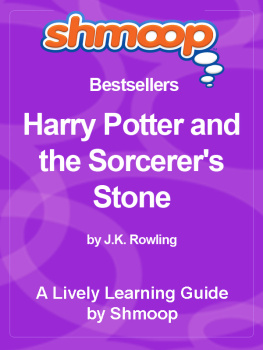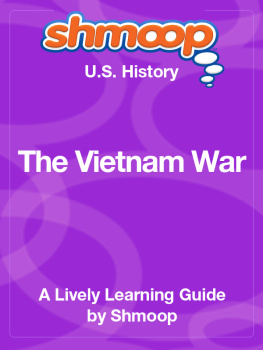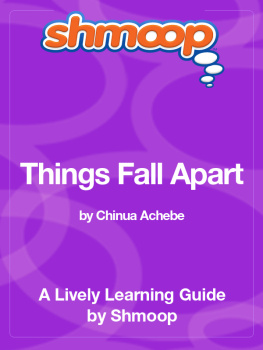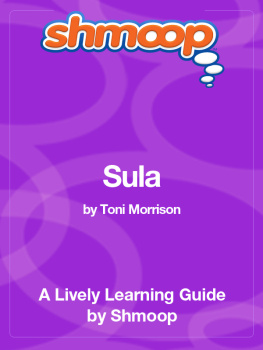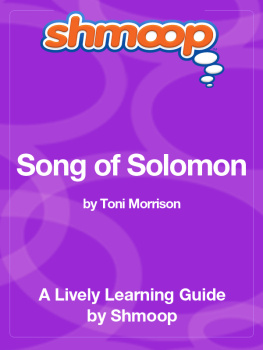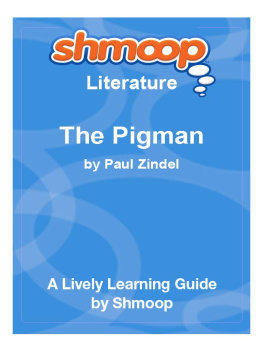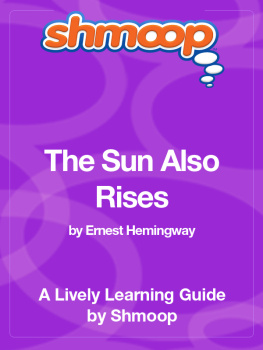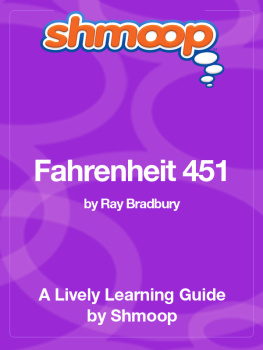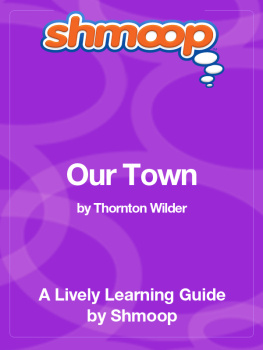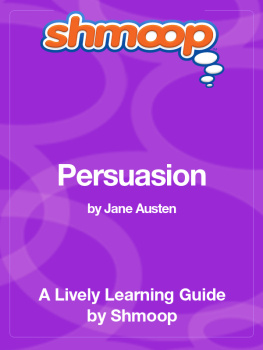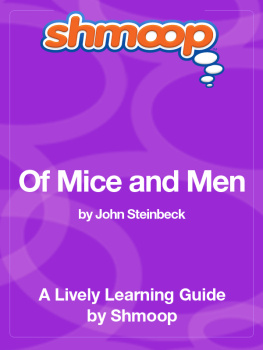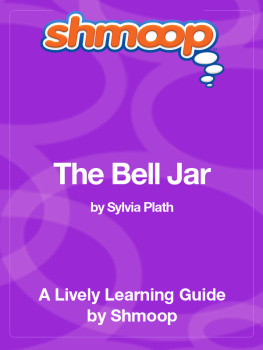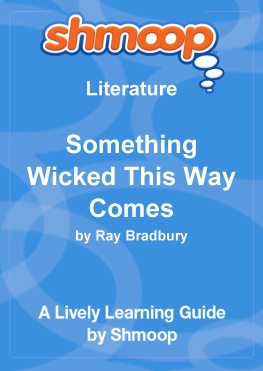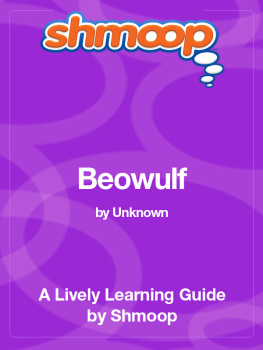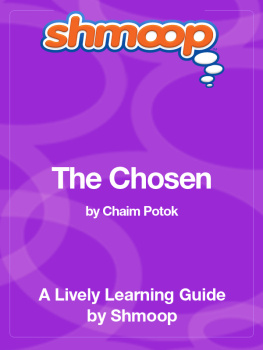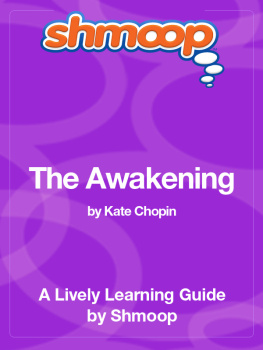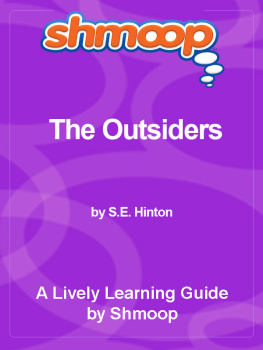
Table of Contents
In a Nutshell/Overview
This is the little book that could. J.K. Rowling dreamt it up on a train ride to London and spent years working on it (source). She sent the book to many publishers until one (yay Bloomsbury!) finally agreed to publish her work in the United Kingdom in 1997 (under the original title, Harry Potter and the Philosopher's Stone) (source). Harry Potter and the Sorcerer's Stone was published in the United States in 1998. The book became a smash success, winning the UK National Book Award (1997) and the Gold Medal Smarties Prize (1997), and being named a Best Book of the Year (1998) by both Publishers Weekly and the New York Public Library. Yowsa. It also made it onto the New York Times Bestseller list.
People were amazed that a small "children's book" was so popular, even among adults. Six books later, the series has won tons of snazzy book awards, it's had major sales, and made mountains of money. You may even remember just how crazy people got each time a new book came out. Rowling's magical world is a thrilling place!
Of course, like many pop culture icons, the Harry Potter series has both big fans and big haters. The arguments back and forth between lovers and haters end up resembling a wizard's duel. For example, some religious fundamentalists have criticized the series for its portrayal of magic and wizardry (see this interesting collection of links at ReligiousTolerance.org for more).
What's more, some literary critics have problems with the series and wonder whether being popular is the same as being quality literature. The famous literary critic Harold Bloom wrote a scathing article titled "Can 35 Million Book Buyers Be Wrong? Yes." Wow, pretty harsh, Harold. Bloom has commented that "the book is not well written" and that Harry Potter lacks an "imaginative vision" (source).
Don't go thinking that all literary critics are down on Harry, though. The New York Times review of Sorcerer's Stone says that Rowling has "soared beyond her modest Muggle surroundings to achieve something quite special" (source). And author Ted Goia has tons of good things to say. Check out this quote:
[Rowling] has peopled her magical universe with some of the most striking characters of contemporary fiction [...] there is no better place to start in exploring [Rowling's] richly inspired alternative world than this opening volume in the series. If Harry Potter and the Sorcerer's Stone is not a classic, than the term hardly has a legitimate meaning. This is one of those books that is meant to be enjoyed and shared. (source)
Not only does Goia think that the book is fun and enjoyable, he thinks it's bound to be a classic. So, it seems for every critical "spell" cast by critics like Bloom there's a defensive "spell" cast in return. Who do you think should win this wizard's duel? We say, read Harry Potter and the Sorcerer's Stone, and judge it for yourself.
Why Should I Care?
Oh man. Why should you care about this international publishing phenomenon, the book that launched one of the most successful series in history? The pop culture sensation that has now been sweeping the world for more than a decade? Well, Harry Potter and the Sorcerer's Stone is a pretty awesome book full of imaginative ideas. If Rowling were a Hogwarts student, she'd get top points for her house for her book's creativity, exciting plot, compelling characters. Plus, in Harry Potter she's given us one of those amazing characters - like Sherlock Holmes - who can become a superstar in pop culture. Harry Potter's practically become public property - we all feel like we know him.
And part of the reason why we feel like we know him is because it's so easy to relate to him. Have you ever felt like you were alone and misunderstood? Harry does. Have you ever tried to figure out who you really are? Harry has. He never knew his parents and is stuck with a cruel pair of guardians who could give Cinderella's stepfamily a run for their money.
Speaking of the orphaned Cinderella, Harry has lots of friends on the bookshelf. He reminds us of all of the great orphans in literature, ones who endured pretty rough circumstances and who went on to learn some pretty big lessons. We're thinking about Sara Crewe in The Little Princess, Pip in Great Expectations, Oliver in Oliver Twist, Anne Shirley in Anne of Green Gables, and, of course, Luke Skywalker in Star Wars. We all know what it's like to struggle to understand who we are and what we want. But these orphans have a tougher time of it, because most of them don't even know or remember who their parents are or where they came from. Their identity is literally a blank slate. The fact that Harry discovers his heritage and his magical powers all at once makes for one big identity explosion. Maybe we connect with him because we are all (children, grown-ups, and everyone in between) searching for our identity, and we're all hoping it will be as unique, important, and exciting as Harry's identity is.
What would be more wonderful than for a complete stranger to show up and reveal our magical birthright - magic, talent, fame, and fortune. How fun would it be if we were whisked away to a place where we were already a celebrity and where we could make friends at the drop of a hat? Even if this new world we are thrown into has its own problems - for Harry, it's defeating the evil overlord Voldemort - these problems sound way more exciting than the everyday stuff we might deal with at home or at school.
But let's face it - the chance of a Hogwarts admissions letter showing up at our door, delivered by owl, are on the slim side. But that doesn't mean different kinds of adventures and surprises don't await us. Let's let Harry inspire us and remind us that we are not alone in trying to figure out who in the heck we are. Let's use his adventures as evidence that life is full of possibilities.
What's Up With the Title?
This title lets us know right away that we're in for a fun ride.
Harry Potter and the Sorcerer's Stone sounds exciting and magical. It reminds us that we're clearly in the fantasy genre (with the idea of sorcerers) and lets us know right away who our hero is (Harry Potter).
There are at least two big things to take away from this title. The first is how it sets the tone for the rest of the Harry Potter series. Each of Rowling's following, bestselling books includes the phrasing
Harry Potter and the... [BLANK]. As the series progresses, the BLANKS get tougher and tougher, finishing up in the
Deathly Hallows. The
Sorcerer's Stone doesn't have quite as mature - we could almost say as dark - an association. In Book 1, Harry's eleven, he's just found out he's a wizard, and he's only beginning to dip his toes into the well of magic. Sure, there's mystery, excitement, and plenty of danger, but there's also lots of joyous discovery about the magical world of Hogwarts and its existence within the Muggle society.
The second thing about the title is, perhaps surprisingly, that this
wasn't the original title in the UK. That's right; the first Harry Potter book was actually called
Harry Potter and the Philosopher's Stone instead of
Sorcerer's Stone. The use of
Philosopher in the title doesn't stress magic as much as the revised version does. You could even say the use of
Sorcerer reduces the original title's emphasis on education:
Philosopher reminds us of the study and quest for (magical) knowledge, while
Sorcerer reminds us of magic itself. Others words were also changed to make it sound more American. We don't usually think of British English being that different from American English, but there are tons of little differences. For example, the characters in the Americanized version say "sweater" instead of "jumper."

